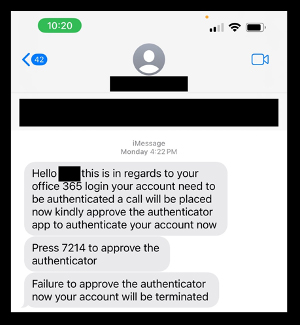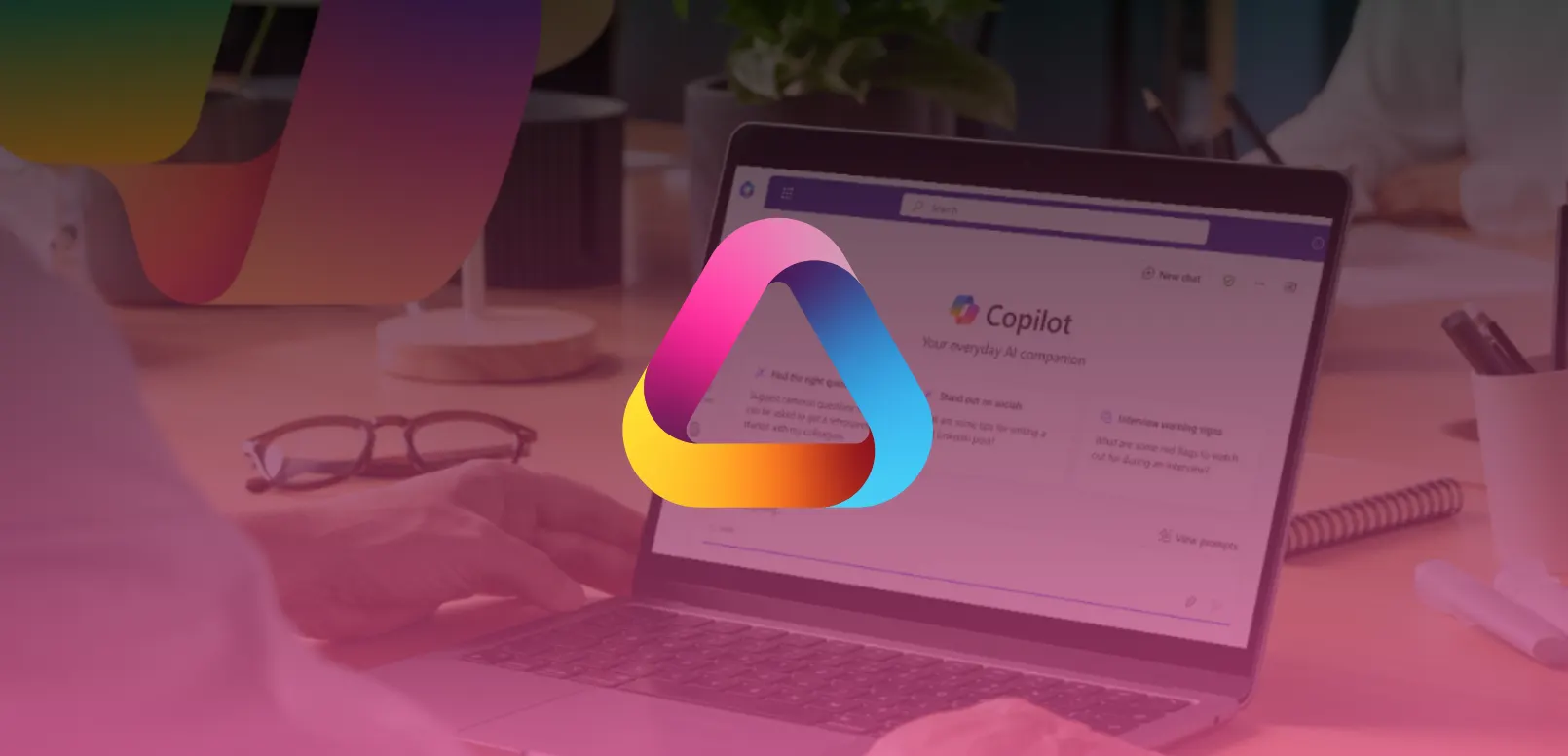Now more than ever, smishing has become a common occurrence. Our latest blog aims to shed light on this threat and help you safeguard your users against attacks.
Table of Contents
- Smishing: Definition and Meaning
- Why is Smishing a Threat to Microsoft 365 Security?
- Real-World Example
- Did You Know Your Employees Are Your First Line of Defence?
- Creating a Proactive Security Culture
- Prepare Your Business for Smishing
Smishing: Definition and Meaning
Smishing combines SMS (Short Message Service) and phishing. It involves cyber criminals sending fake text messages to trick you into giving away personal or financial information. These messages often look legitimate and may create a sense of urgency, making it easier for the recipient to fall for the scam.
For more detailed information on phishing and smishing, you can visit the Microsoft Security Blog.
Why is Smishing a Threat to Microsoft 365 Security?
As more businesses use personal phones for work-related tasks, smishing becomes a significant threat. Microsoft 365 users are not immune. An attack can compromise a business’s sensitive data and funds, leading to financial losses and damaged reputations.
How Smishing Works:
- Deceptive Messages: You receive a text that appears to be from a trusted source, like your bank or a known business contact.
- Urgency and Emotion: The message often plays on emotions or urgency, claiming there’s an issue that needs immediate attention.
- Malicious Links or Requests: You’re asked to click a link or provide sensitive information. Doing so may lead to malware installation or data theft.
Real-World Example of Smishing
Imagine receiving a text that seems to be from Microsoft, asking you to verify your login details due to suspicious activity. Without proper caution, you could end up sharing your credentials with a cyber criminal, granting them access to your Microsoft 365 environment.

Did You Know Your Employees Are Your First Line of Defence?
Employees are the first line of defence against cyber threats, including smishing. Training them to recognise and report such threats is crucial. Unfortunately, less than 10% of employees report phishing attempts, let alone smishing attempts. This low reporting rate is due to various reasons:
- Lack of awareness about the importance of reporting.
- Fear of getting into trouble if they’re wrong.
- Belief that it’s someone else’s responsibility.
Creating a Proactive Security Culture
To combat smishing and other cyber threats, businesses need to foster a security-conscious culture. Here’s how:
- Engaging Training: Use real-life examples and interactive sessions to educate employees on recognising and reporting threats.
- Simplify Reporting: Ensure the process for reporting suspicious activity is straightforward and accessible.
- Positive Reinforcement: Acknowledge and thank employees for reporting potential threats, reinforcing the importance of their actions.
- Leadership Involvement: Leaders should openly discuss their experiences with reporting issues to encourage others to do the same.
Prepare Your Business for Smishing
Smishing is a growing threat that can significantly impact your Microsoft 365 security. By educating employees and creating a culture of proactive reporting, you can strengthen your defences against such cyber attacks. Remember, while technology can offer protection, your employees are your most valuable asset in maintaining a secure business environment.
Want to see real-life examples and learn how to stop them? Check out 3 Common M365 Smishing Scams and How to Avoid Them.
If you’re concerned about your business’s security, we can help. Our team at Appetite offers a comprehensive security service and training to keep your company safe.
Read more about our security service here.
If you’re ready to sleep well at night, Get in touch now to learn more about how one of our experts can support your cyber security needs. Appetite is a full-service Microsoft 365 partner, so we understand how every element of your technology stack works and how best to keep your environment safe.


